Most MSMEs turn NPAs because they are unable to manage commercial content, particularly in dealing with PSUs: Parrikar
Updated: Jun 15, 2015 05:10:14pm

The current public procurement policy (PPP) mandates 20 per cent of all annual Central government ministry/department/public sectors undertaking to procure from SMEs.
But the MSMEs have been constantly facing the problem of delayed payments, despite the fact that the MSME Act of 2006 prescribed that customers must make payments to SMEs within a stipulated period.
In accordance with the provisions of the Micro, Small and Medium Enterprises Development Act, 2006, payment for goods or services provided by micro or small enterprises must be made within a period of 45 days from the day of acceptance or day of “deemed acceptance” of the goods or services. If a buyer fails to pay the amount to the supplier within this stipulated period, he becomes liable to pay compound interest on the delayed payment at a rate that is three times the bank rate.
Delays in payments (30-60 days) by big corporations affect their working capital cycle, while their debt-to-equity ratios soaring to around 4:1, according to an expert.
Despite the Ministers, RBI and industry bodies consistently raising concerns over the delayed payments and increasing NPAs in the country, the problem still persists.
Since the SME payment data remains scattered, it’s difficult to estimate the total amount of dues the PSUs owe towards the sector. However, the SMEs continue to pay heavy interest rates for bank loans and the Financial institutions are quite hostile towards SMEs, and any non-payment results in serious penalizations including listing under the Non-Performing Assets (NAP) category.
Same is the case in the vast defence sector in which the SMEs find it highly complex to get an entry to the lucrative sector.
Recently, while addressing at a conference on ‘Opportunities for MSMEs in Defence Sector’, organised by FISME, Defence Minister Manohar Parrikar acknowledged that most of the MSMEs turn NPA because they are not able to manage the commercial content particularly if he is dealing with government or government related agencies.
“I was having a talk with a retired bank employee who was a part of this restructuring and NPAs..and a very important thing which he brought to my notice was that substantial quantum of NPAs was result of actually commercial Non-performance and not technical non-performance from the MSME sector,” Parrikar said.
“So they performed well but they could not manage the commercial content particularly if he is dealing with government or government related agencies,” he added.
Parrikar mentioned that the government related agencies including the Defence sector PSUs, which almost behave like a government arm so far as procedural wrangles, delays and bureaucratic hurdles are concerned, “instead of taking advantage of the flexibility permitted (as a limited Company), they tend to look back towards the defence department”.
Entrepreneur cum Past President of FISME, Naveen Jain, highlighted that there is too much of bureaucratic hurdles in the Defence sector that entry into the defence market is very very difficult.
“Even when you send them your technologies, its seldom that they send acknowledgement. I had sent them a case on April 23 and till today I have not even received an acknowledgement from them,” he said.
Further, MSMEs face lots of problems like delayed payment, no-transparency in their payment or procurement system, lengthy registration processes and complexities in getting certification, he said.
Jain said the government should make the system, for procurement and payments, more transparent. “This could be achieved through an online portal on which the details should be put up and the vendor registration could be done,” he said.
They should also have a Uniform Quality Standard because currently the entrepreneurs have to take the quality certification from different bodies, he said.
Last week, Reserve Bank of India (RBI) deputy governor SS Mundra said that recovery of dues is a major challenge for the MSMEs and pressed for the need to bring in legislative process to make it mandatory for large corporates and public sector units to compulsorily register on (receivables) trading platform so that the payment of receivables on due date becomes legal obligation. (KNN Bureau)

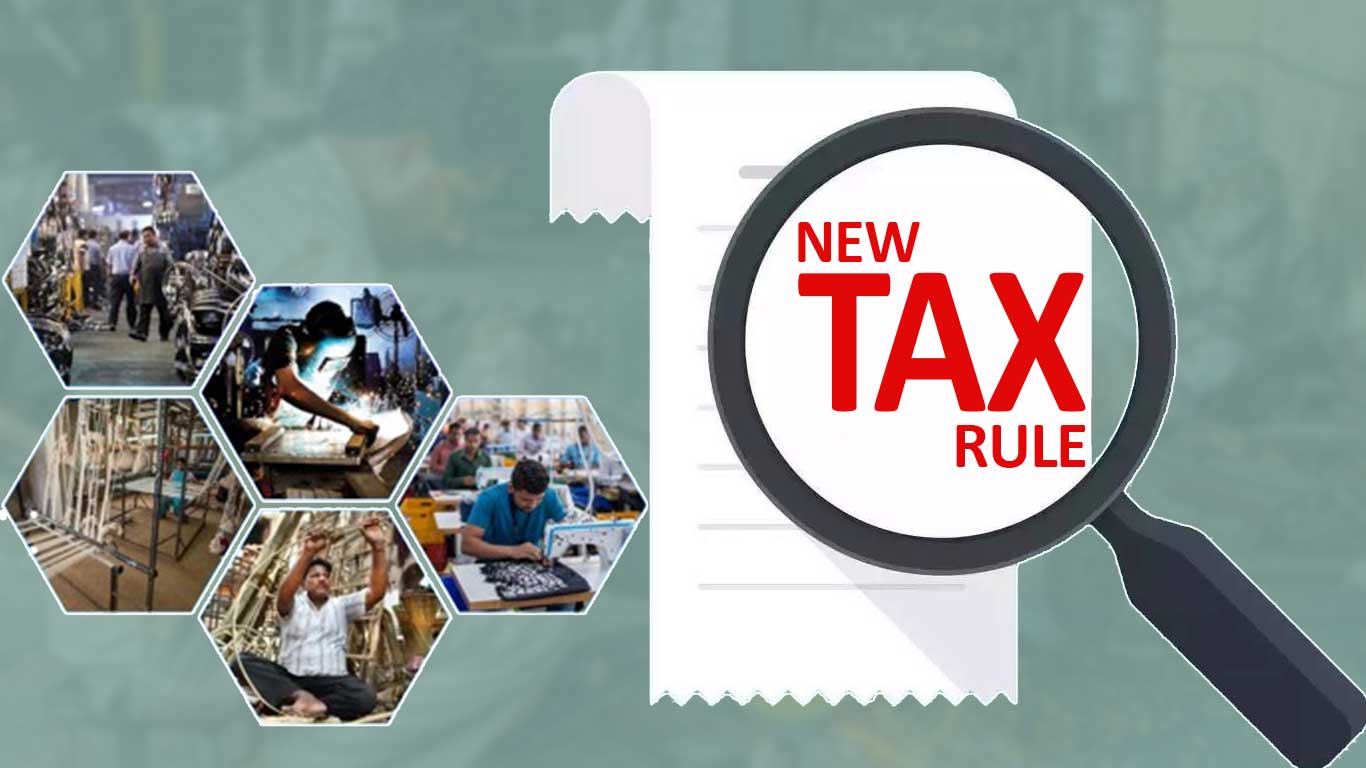
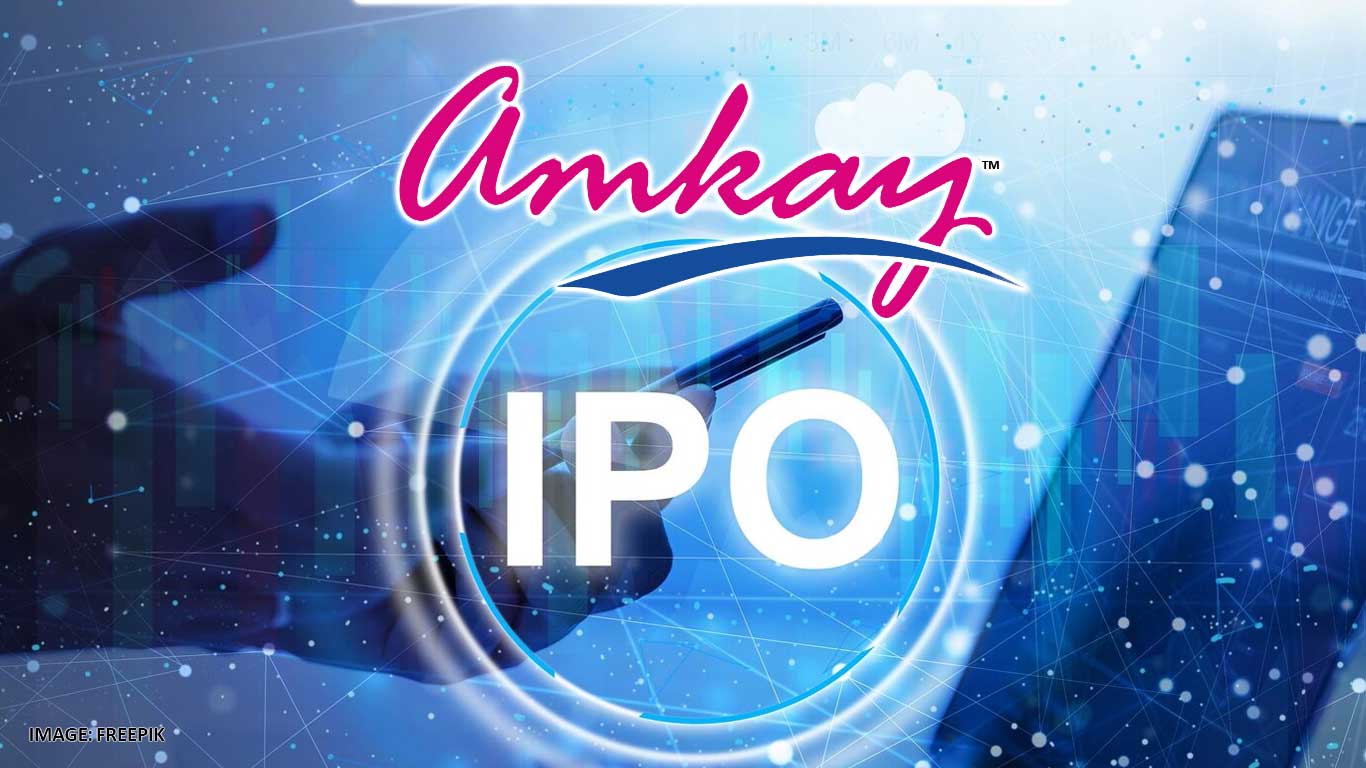
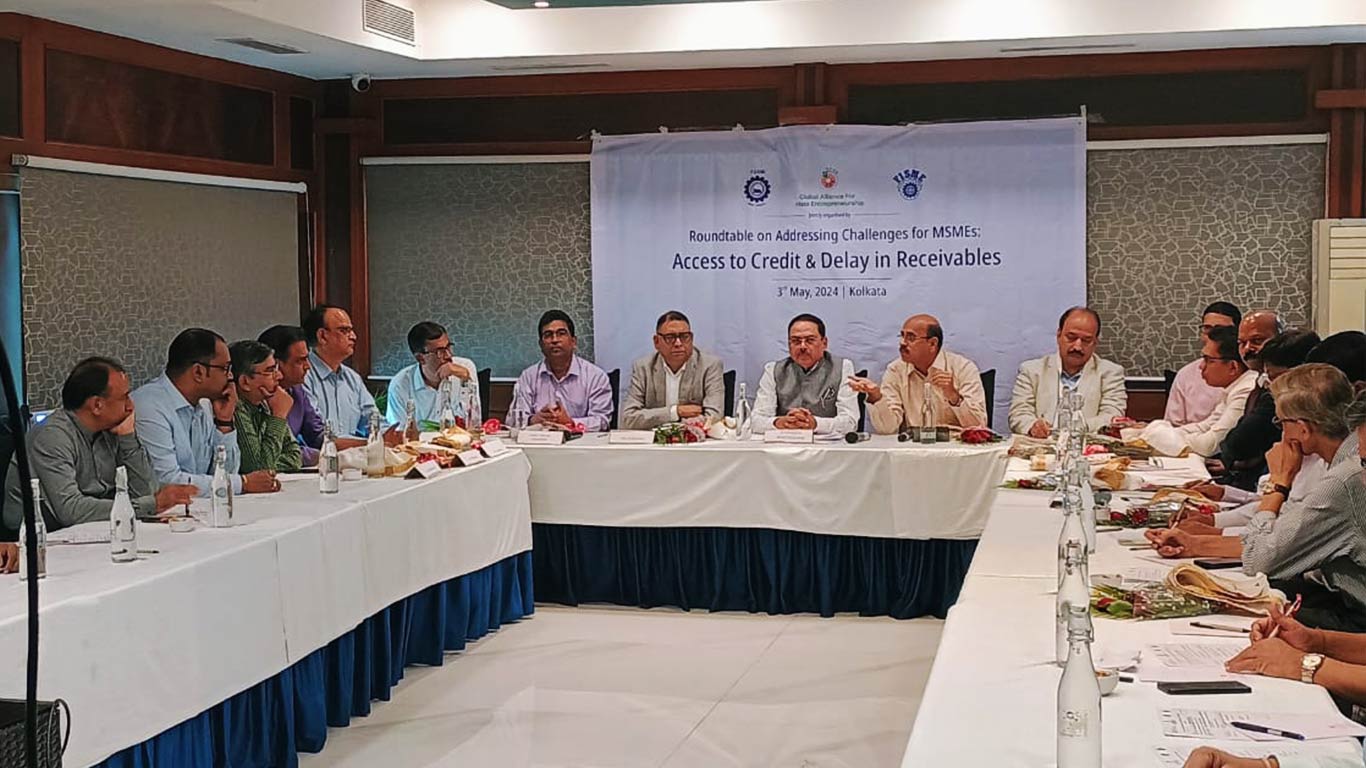
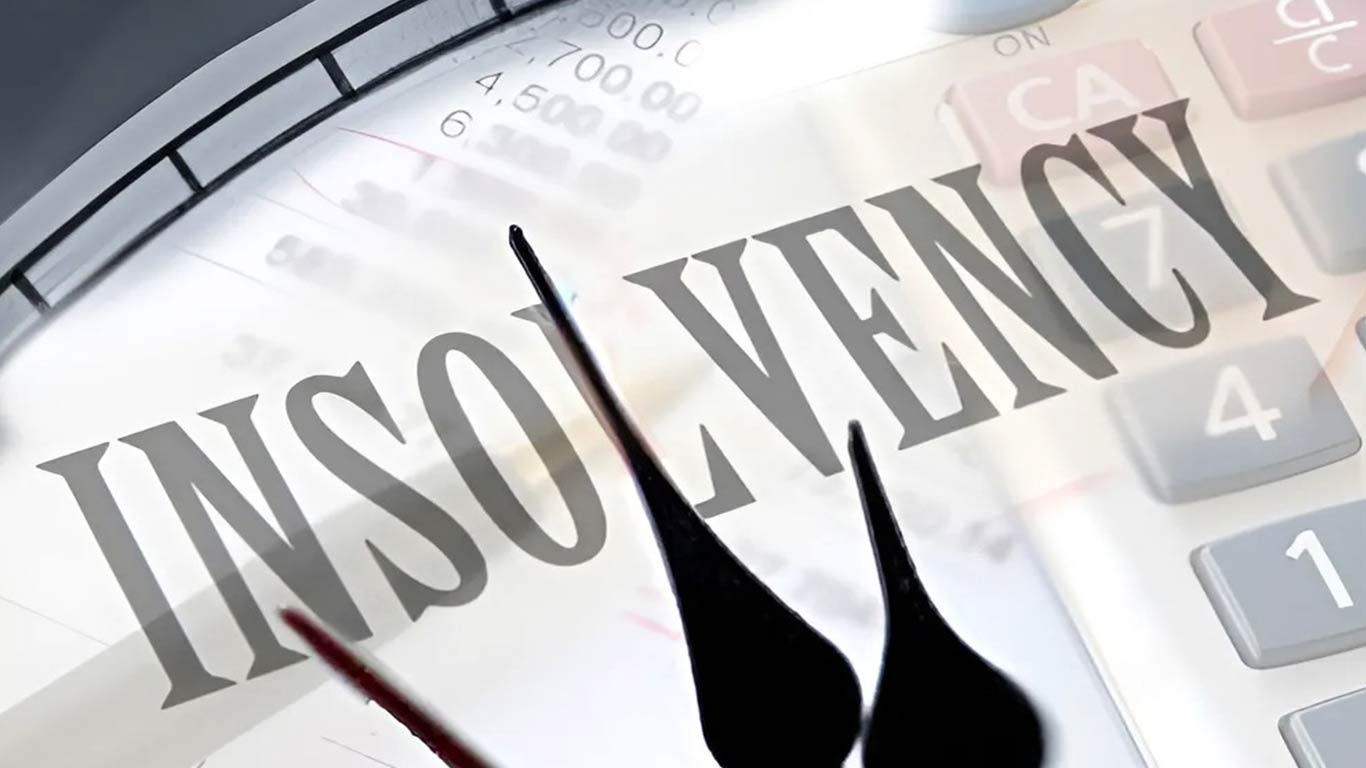
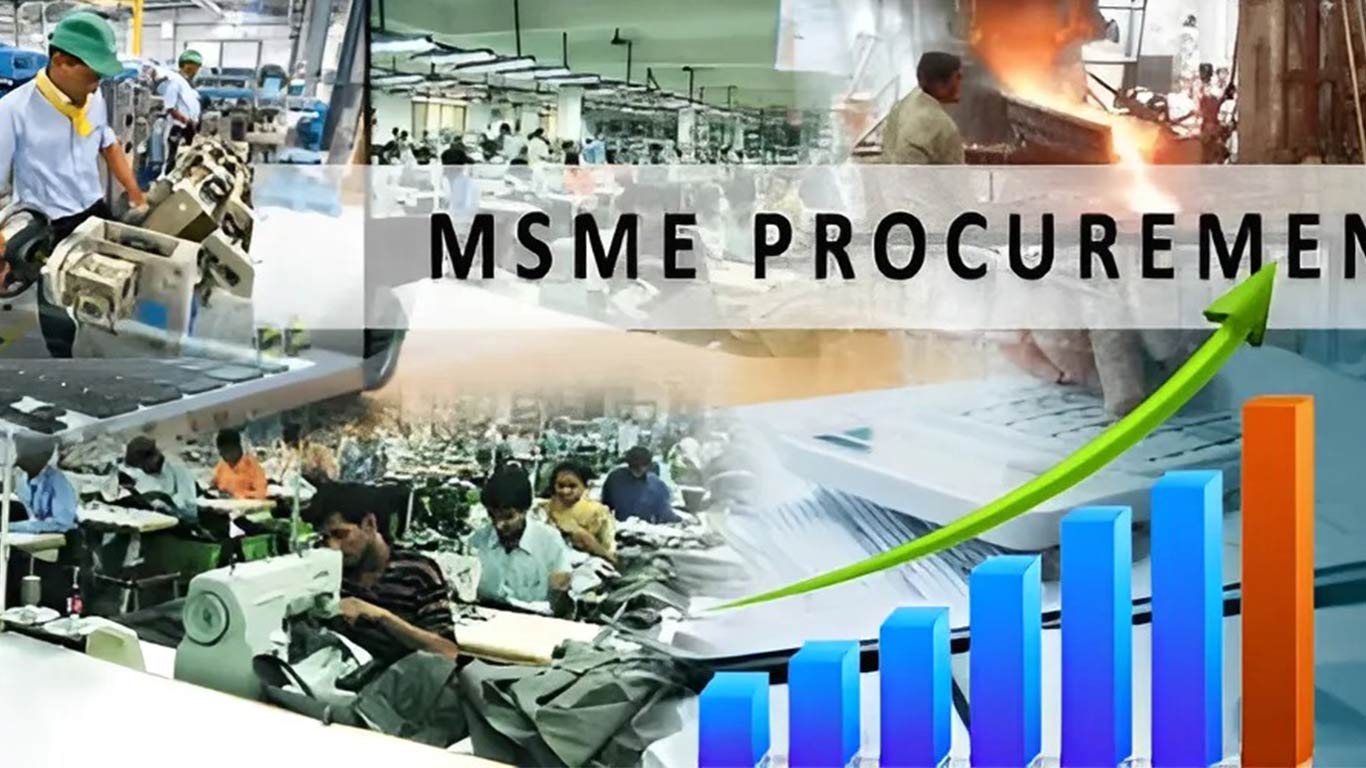





